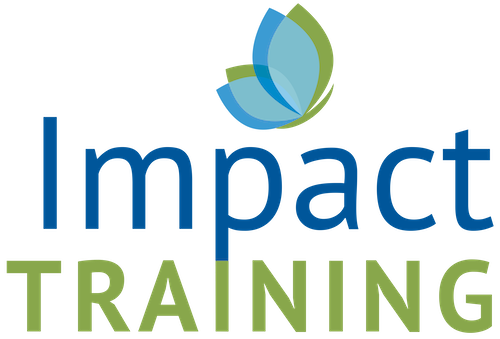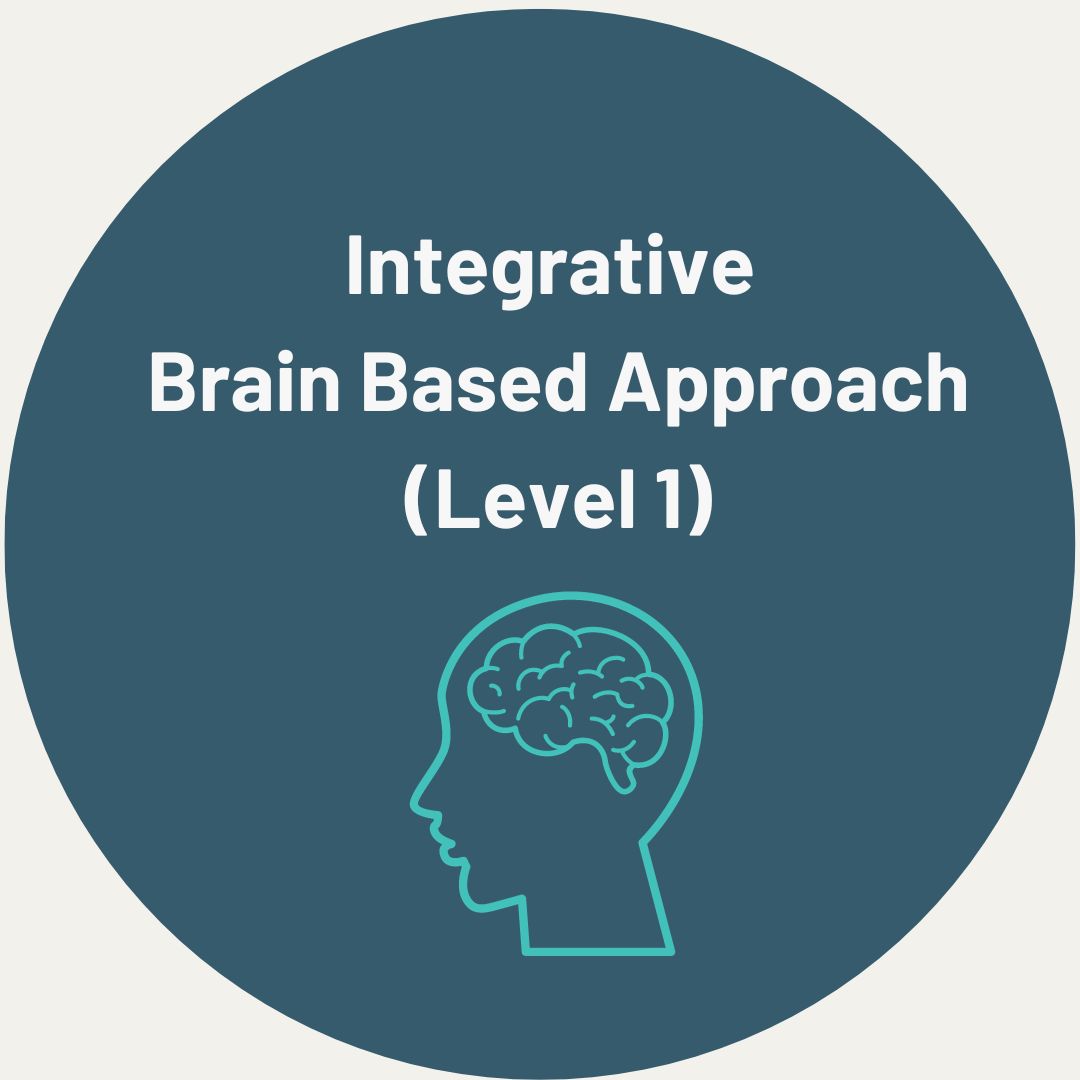Integrative Brain Based Approach Level 1 Training
Welcome to the Integrative Brain Based Approach (IBBA) Level I training! This training is everything you need to work as an effective Brain Based Therapist. If you are new to Brain Based Therapy (BBT), this training is an A to Z of everything you need to know and DO in order to conduct a beautiful orchestra of nervous system healing. If you are already BBT trained, this training will consolidate, integrate, deepen and broaden your practice. For beginners and not beginners, this training will provide you with a conceptual framework to integrate further brain based trainings you might pursue, other than IBBA. There is also a brand new technique, Eye Position Integration that will be presented in this training.
On a theoretical level, you will learn about:
- The nervous system, polyvagal theory, the amygdala and the RAS
- How to access the nervous system
- Therapy as hypnosis
- The therapeutic mechanisms of change of popular techniques
- When to use which mechanism of change
On a practical level, you will learn:
- How to frontload for resourcing, trauma clearing, and tollgating
- Rapid Induction Hypnosis
- Somatic mobilisers
- Eye Position Therapy and Eye Position Integration
- What to do in “if – then” scenarios for all of the above
- How to design Post Hypnotic Suggestions (PHS)
It is not enough to know the “how”, it is crucial to know the “how come”. As clinicians we are we are engaging in a special kind of helping relationship that is intentional, meticulous, curated and conscious. You do not need to know how the combustion engine works in order to drive a car, but you do if you are going to be a mechanic. As mechanics of human relationships, we need to look under the hood. It is not enough to know how to recite a protocol, learn a hypnosis script off by heart, or know how to hold a pointer. We need a deep and intimate knowledge of the person as a system, the person in a system, and the system in context. We cannot, as mechanics, have one tool in our workshop. We need to have many different tools, and a systematic, logical and strategic map of when to use which tool.
This is what IBBA is about.

